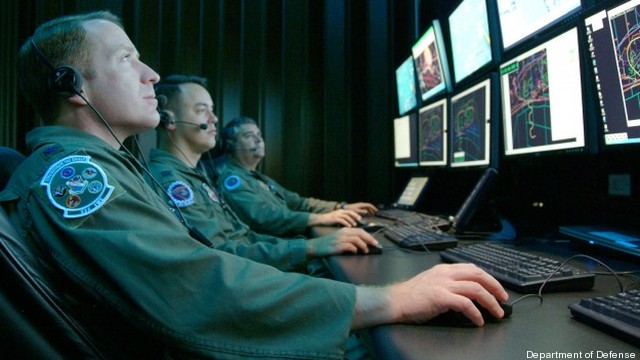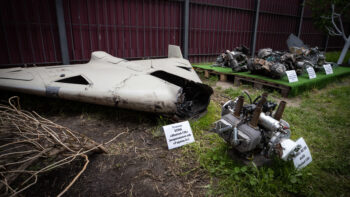 Washington: The rules of war are changing. Global conflicts kicked off by bombs and bullets in the past can now be started by the click of a mouse.
Washington: The rules of war are changing. Global conflicts kicked off by bombs and bullets in the past can now be started by the click of a mouse.
While obviously not as simple as that, the White House’s nominee to oversee global strategic policy — including cyber policy — said today that a cyber attack could “absolutely” be considered an act of war.
Madelyn Creedon, pegged to head up the office of the assistant secretary of Defense for global strategic affairs which oversees cyber policy inside the Pentagon, said, “whether it is a cyber attack or a kinetic attack” the department can and should act in kind.
She made her comments under repeated prodding by her almost-former boss, Senate Armed Services Committee Chairman Carl Levin during her confirmation hearing today. Creedon, who was the senior SASC staffer on nuclear and space issues, is the first senior civilian appointee under new Defense Secretary Leon Panetta.
DoD made public its much-ballyhooed cyber defense strategy — the country’s first — this month to mixed reviews. Some claimed it was a regurgitation of existing practices that did not address the threat. Others saw it as a good first step in institutionalizing cyber policy into the department.
One thing it did do was put a marker down, albeit vague, on where the Pentagon stands on whether a Gulf of Tonkin incident can happen in the cyber world.
But, in typical Pentagon fashion, the answer was not nearly as clean cut, either in the new cyber policy or in Creedon’s response.
Both have said that to reach the red line for an act of war, a number of questions would have to be answered: Can the attack be tracked back to a clearly identifiable source? Is that source a country or a rogue organization a la Al Qaeda? Was the intent of the attack to inflict damage or to gather intelligence? And, if all that information is gathered and answered satisfactorily, could a response be handled diplomatically or is war the only response?
Getting impatient with DoD’s two-step, Levin posed a hypothetical question to Creedon (in a confirmation hearing hypotheticals can prove deadly). If you go through all that, can you get answers that would require the U.S. to go to war, he asked Creedon?
Creedon’s response: “Absolutely; yes.”
Senate passes $95 billion foreign aid bill, as DoD eyes next Ukraine weapons package
Additional aid for Ukraine could be made available “within days” said Pentagon Press Secretary Maj. Gen. Pat Ryder earlier today.

























